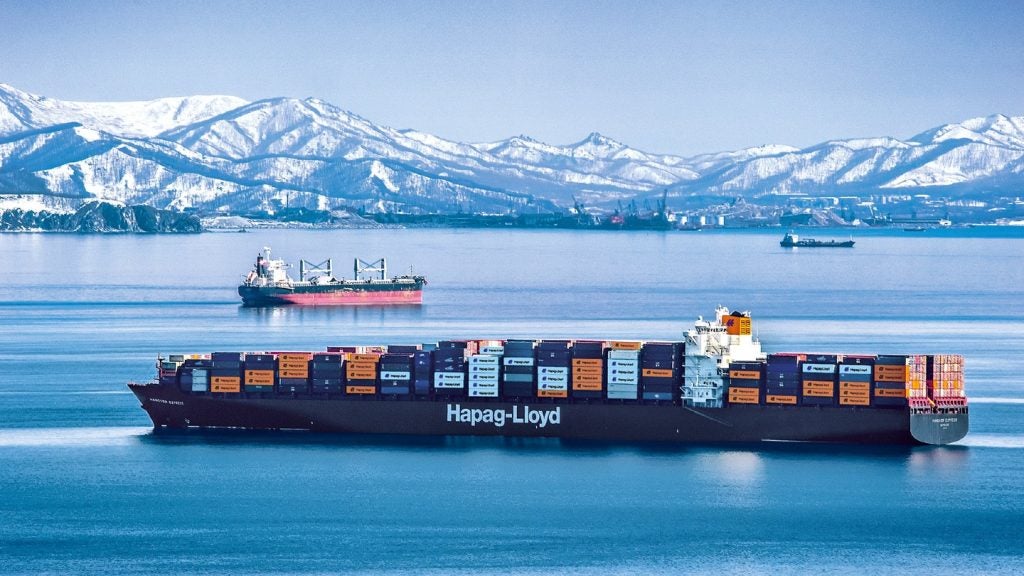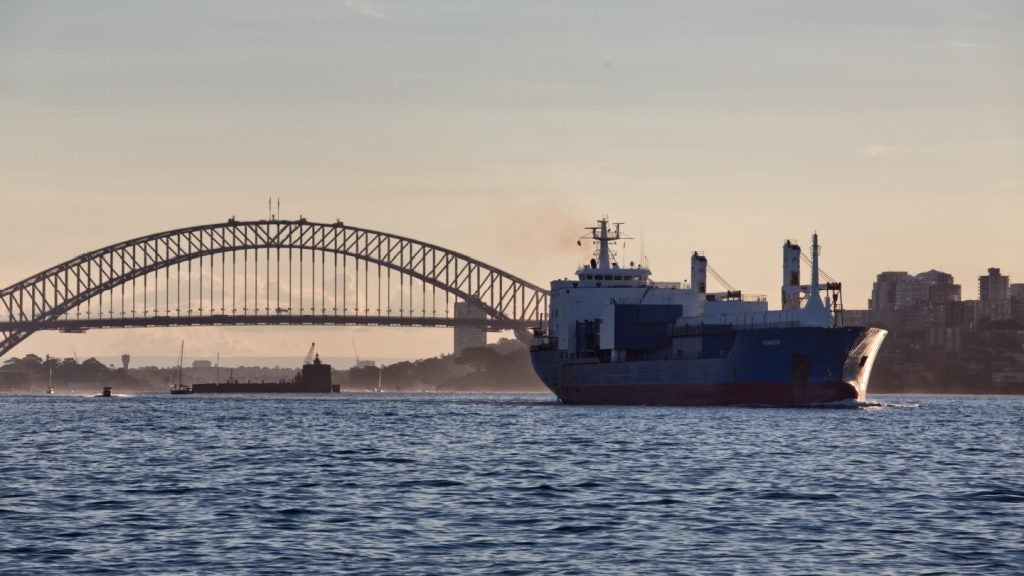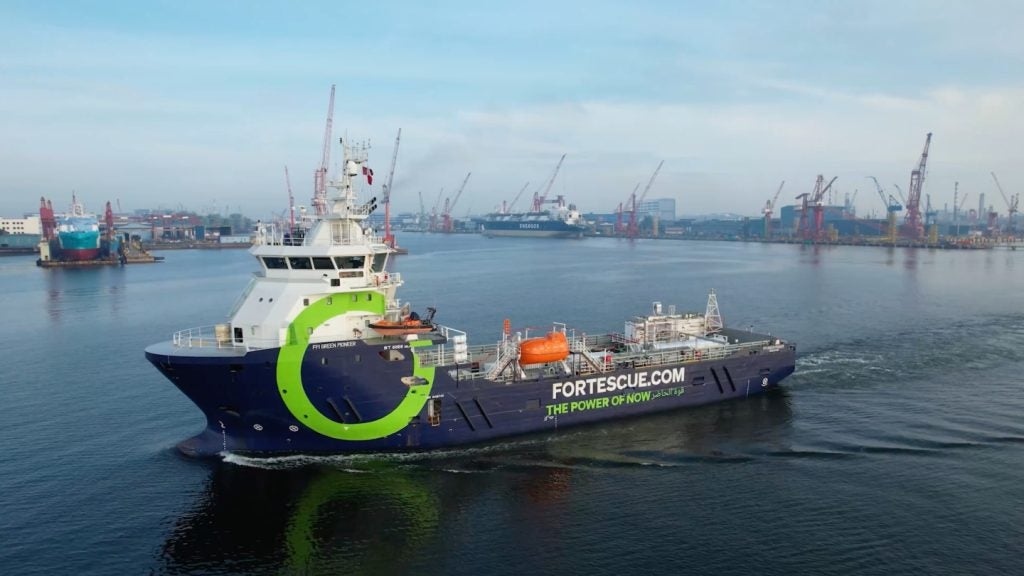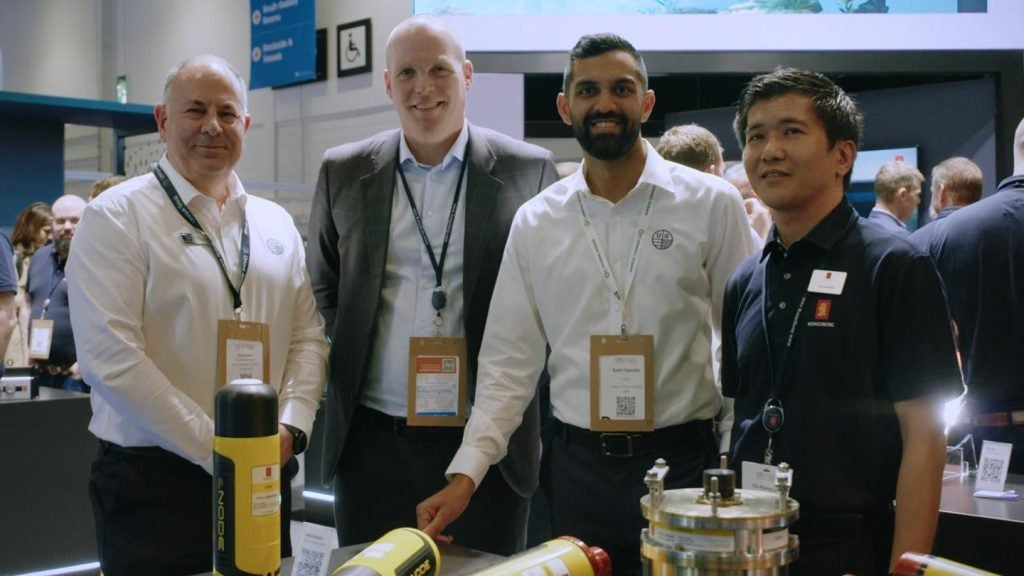German shipping giant Hapag-Lloyd has said it reduced the greenhouse gas (GHG) emissions of its fleet by 0.8m tons in 2023, through use of liquefied natural gas (LNG) and biofuels, in its latest annual sustainability report outlining the steps it is taking to reach net zero emissions by 2045.
The report highlights actions taken in 2023 such as the company’s deployment of three LNG capable dual-fuel vessels and its involvement in a joint statement calling for more regulations on green fuels, such as a scheduled end to the construction of solely fossil-powered ships.
CEO Rolf Habben Jansen said: “It goes without saying that sustainable and responsible practices are of utmost importance to us. In today’s global landscape, decarbonisation and social responsibility are imperatives, not choices, and we are firmly determined to do our part.”
However, Hapag-Lloyd’s claims will likely be criticised by some campaigners as the company received an F rating from the Ship it Zero coalition in 2023, with a particular focus on its use of LNG fuels, which only reduce carbon emissions by a quarter compared to traditional fuels and primarily consist of methane, a gas that presents similar climate issues as CO2.
While the organisation did praise elements of the joint statement on green fuels regulations, it cautioned against the language that would allow dual fuel ships to continue using fossil fuel power.
Despite this, Hapag-Lloyd says it has made sustainability an “integral feature” of its leadership and is continuing to expand its use of biofuels, from around 213,000 tonnes of bunkered biofuel blend in 2023, as well as ensuring access to alternative fuels at competitive prices in the medium to long term.
The company touted the launch of its Ship Green product in 2023 which allows its customers to pay additional fees to claim reduced emissions for its shipments by supposedly contributing to Hapag-Lloyd's use of biofuels, currently used by its fleet at the industry standard of 30%.
On top of the steps publicly taken in 2023, the shipping operator, which is the fifth largest in the world, said it has also developed a new corporate strategy for sustainability covering the period up to 2030 that is set to be published in Q2 2024, likely covering issues such as compliance with the EU’s ETS rules that were expanded to include the shipping industry in January.












